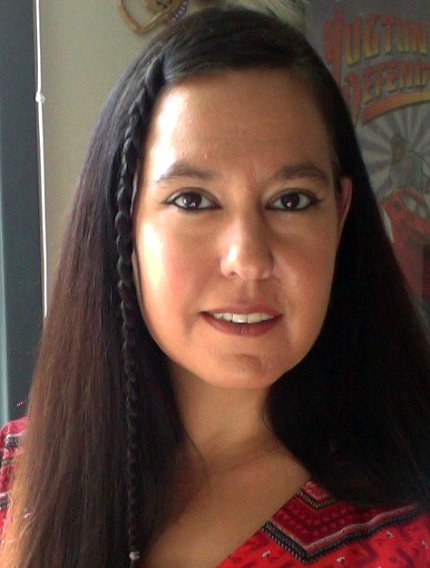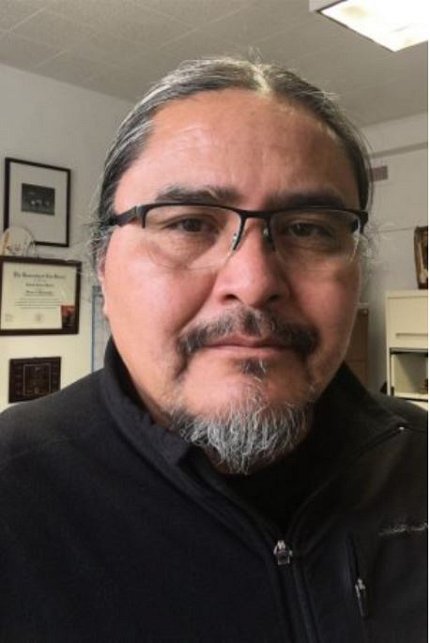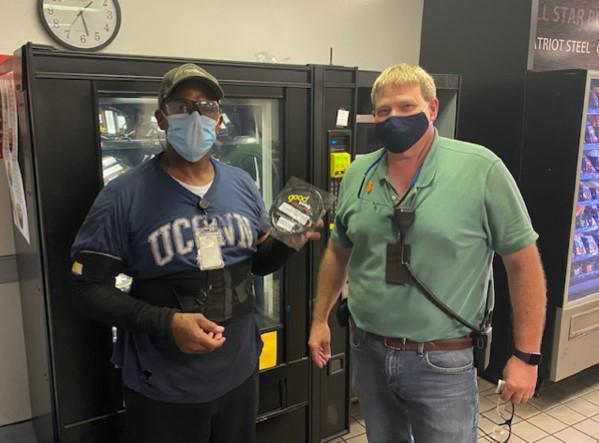Rural Health Seminar Examines Covid-19 Challenges

NIH hosted a seminar examining the many ways the Covid-19 pandemic has affected health and health research in rural communities. The seminar highlighted commitments from all NIH institutes and centers to improve rural health across the country.
NIMHD director Dr. Eliseo Pérez-Stable introduced the seminar, explaining that race and socioeconomic status strongly affect health, and that rural communities already were experiencing significant disparities in health before the pandemic.
“We have a unique opportunity to expand and build on health care delivery through innovation and research by helping to mobilize and strengthen local efforts in rural areas to improve health outcomes,” Pérez-Stable emphasized.
Dr. Marshall Bloom of NIAID’s Rocky Mountain Laboratories elaborated on some of the differences in Covid-19 response between larger cities and small towns that have contributed to high rates of Covid-19 infection in many rural communities.
In a panel session moderated by NCATS deputy director Dr. Joni Rutter, speakers outlined real-world data on the effects of the pandemic in rural communities.

Dr. Brenda Eskenazi of the University of California, Berkeley, explained that many Latino farm workers in California have experienced life impacts during the pandemic, including increases in food insecurity, depression and anxiety. Dr. Randall Akee of UCLA pointed out that Covid-19 rates are higher in many racial and ethnic minority populations, such as Native Hawaiian and Pacific Islander populations that already have disproportionately higher rates of chronic disorders like diabetes and heart disease.
Tracking health in minority populations can be challenged by database structures, too. Akee noted that many public health databases do not disaggregate Native Hawaiians and Pacific Islanders from other Asian ethnicities and often list them as “Other.”
Reducing exposure by staying at home also is complicated for many rural Americans.
In rural New Mexico, students from sexual and gender minority (SGM) populations who previously may have received social support and health resources in school, no longer have access to these benefits when school is virtual.
Dr. Cathleen Willging of Pacific Institute for Research and Evaluation said whether SGM students are able to receive confidential counseling or treatment from home may increase the disparities and isolation these students already faced before the pandemic. Also, many rural students have unequal access to the internet to participate virtually. She advocated funding to promote broadband internet in rural communities as a common good to accelerate equitable access to much-needed resources during the pandemic.

In many rural communities, race and ethnicity are inextricably intertwined with other aspects that contribute to health, such as immigration status or socioeconomic status. A nuanced understanding of cultures is needed to identify and improve gaps in health outcomes.
Dr. Thomas Chavez of the University of New Mexico explained that many in undocumented communities view hospitals as a last resort to seeking urgent health care, and Covid-19 has increased the stress these communities experience because of lack of health insurance and fear of disclosing immigration status.
The University of New Mexico’s Dr. Vincent Werito emphasized that, in the Diné community of Navajo Nation, Covid-19 has antagonized members’ holistic sense of well-being and relationships.
Many researchers and community partners have responded to the Covid-19 crisis by strengthening the collaborations that help meet the unique needs of each rural community.
Dr. Giselle Corbie-Smith of the University of North Carolina School of Medicine and Mysha Wynn, executive director of Project Momentum, Inc., presented examples of partnerships in rural North Carolina that enable communities to solve their own problems.
Dr. Stacy Rasmus of University of Alaska, Fairbanks, and Billy Charles, tribal member of the Native Village of Emmonak in Alaska, explained that in rural Alaska, people cooperate as a community to survive and be resilient. Drs. Alice Ammerman of UNC and Carla Norwood, executive director of Working Landscapes, showed attendees some creative collaborations with local farms and restaurants to address the increase in food insecurity during the pandemic, such as a program that provides frozen, healthy meals made with local ingredients.

Photo: ALICE AMMERMAN
Drs. Lydia Bazzano and Angela Lambert discussed how relationships between communities and health care systems in Louisiana expanded during the pandemic to provide trusted information and “meet people where they are” to make healthy choices.
Closing the seminar, NIDDK director Dr. Griffin Rodgers emphasized that although Covid has deepened existing health disparities and illuminated the complex intersectionalities that drive rural health, NIH’s commitment to improving health for everyone—including rural communities—offers researchers the chance to “transform these troubles into opportunities” for a healthier, more equitable future. He encouraged seminar attendees to “stay safe, stay healthy, and stay hopeful.”
View an archived recording of the workshop at https://videocast.nih.gov/watch=38788.
